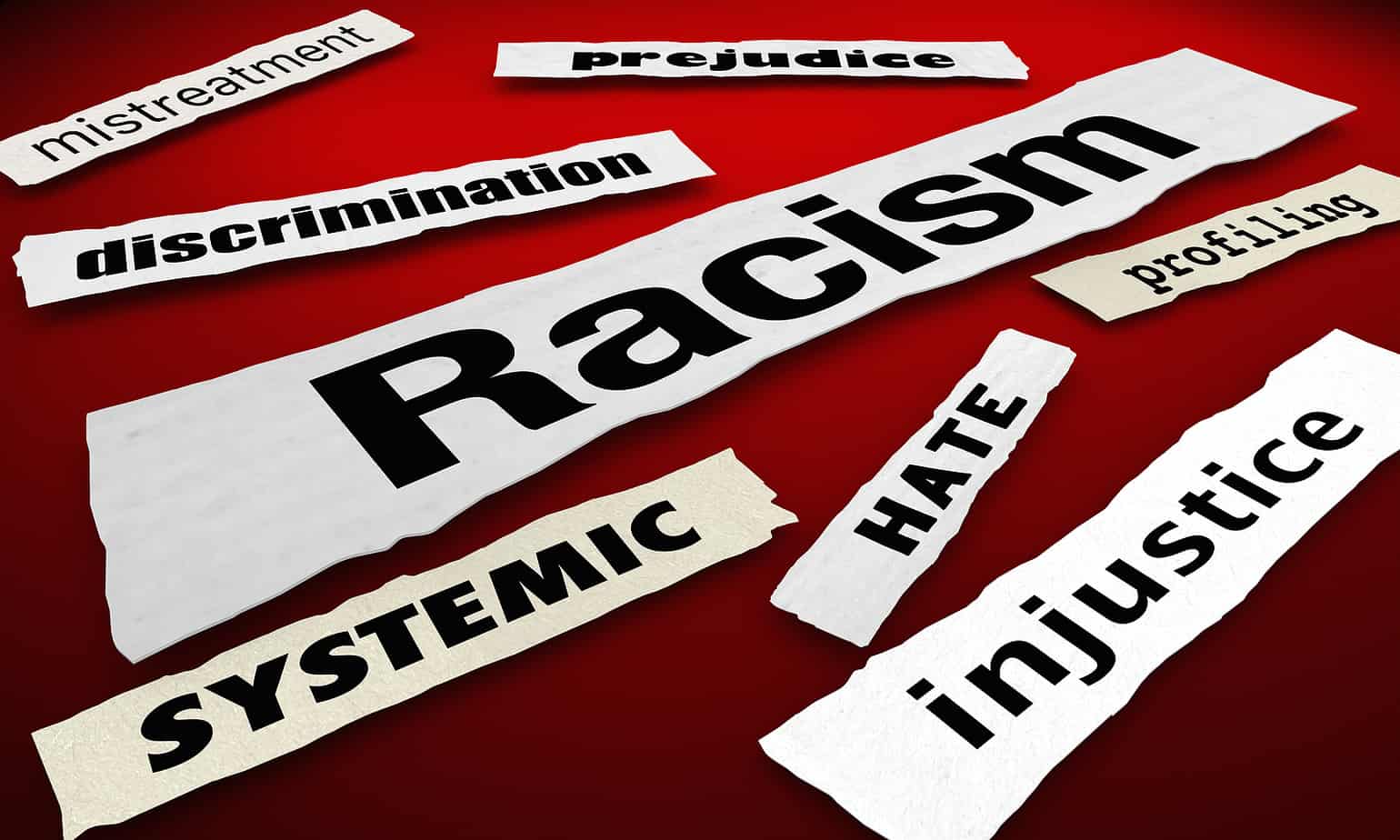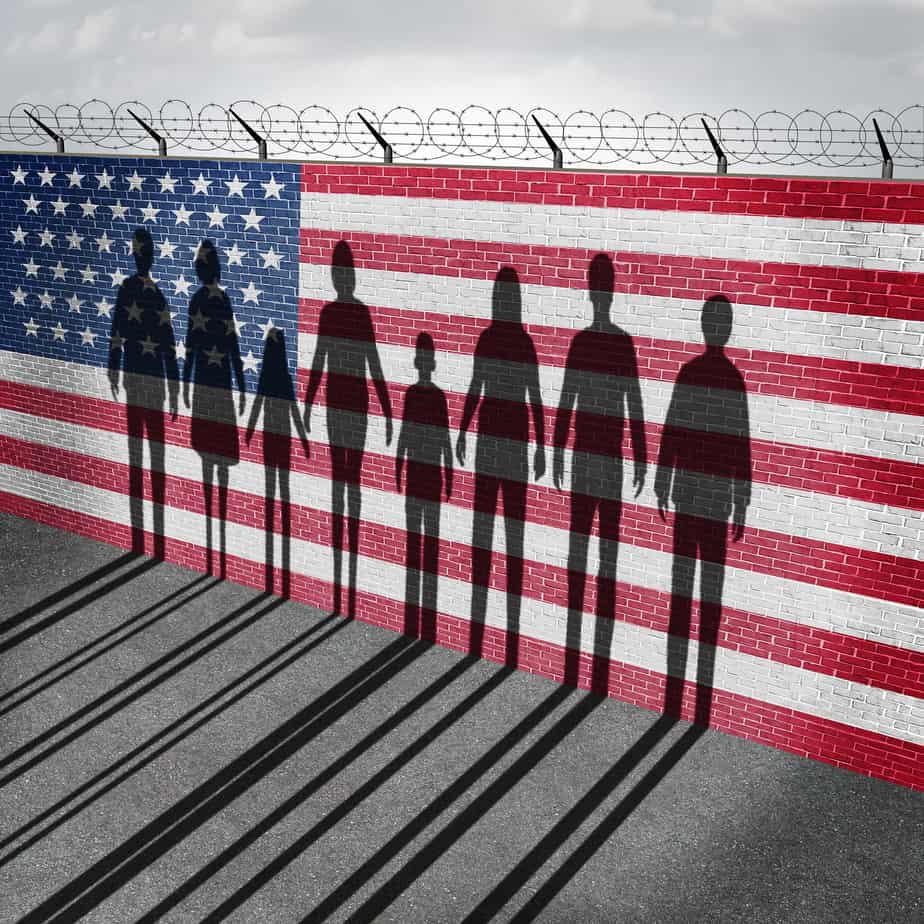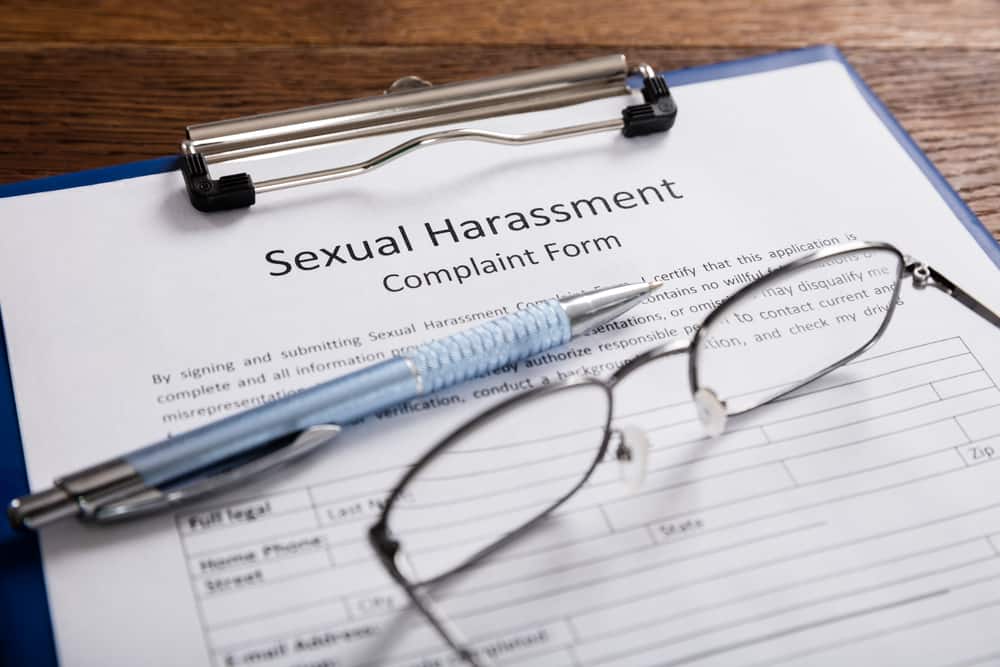Abortion is a constitutional right, yet the Supreme Court has so far refused to act on the Texas abortion ban, Senate Bill 8, which went into effect on September 1st. The law bans abortions six weeks after the last menstruation. This means that almost all abortions are prohibited in the state since figures from clinics show that up to 90% of abortions are performed past this mark. For most women, the six-week spot is well before many are even aware they are pregnant.
This new Texas law places Roe v. Wade, the official law since the landmark 1973 U.S. Supreme Court case declaring abortion within the first six months of pregnancy a constitutional right, in doubt.
Texas Abortion Ban Law
Anyone who helps a woman get an abortion, whether it is financial support, giving advice, or just driving her to an abortion provider, can be sued by a private citizen. Moreover, these citizens bringing suits don’t need to show that they are connected to the person they are suing.
This law is currently one of the strictest abortion laws in the U.S., making no exceptions for cases involving rape or incest.
From the moment cardiac activity is detectable in the fetus of a pregnant woman, abortion is banned. Since this is at around six weeks, it is almost impossible for most women to know they are pregnant. Texas is not the first state to try to pass such a law, but in the state, the proposals were strongly contested by abortion-rights groups and repeatedly blocked by the federal courts.
Proponents for the Texas law have gone all out to make it harder for the federal courts to block it. They have done this by removing the requirement for public officials to enforce the law and have placed its enforcement into the hands of private citizens.
Targeting the Abortion Industry
According to NPR, Texas Right to Life has a website where people can anonymously tip them about anyone believed to be violating the law. If someone successfully sues an abortion provider, the reward offered is at least $10,000.
From Texas Right to Life, John Seago told the NPR that the lawsuits aren’t against women but opposition to the money-making abortion industry.
Ban Causes Patients to Seek Help Elsewhere
Many people talk about a demoralizing environment in the state since the law took effect. This has caused uncertainty for both patients and abortion providers. The solution for some is to seek help elsewhere, whether this is going to another state or ordering abortion pills online.
Already organizations providing information about how to order online pills online have seen a surge in traffic. Medications are shipped directly to their home address, even though there is a cease on the shipment of these medications.
Traveling out of state is very difficult for low-income people seeking abortions. Other restrictions include that women have to take time off work or organize child care.
Affect of Abortion Law in the Other States
Several conservative states are waiting to pass similar laws. Mississippi is another state challenging Roe v. Wade pending a review from the Supreme Court later this year. Depending on if the federal courts allow these laws to stand, other conservative states are likely to follow suit by passing strict abortion laws. Similar laws exist in Arkansas, Idaho, Kentucky, Louisiana, Mississippi, Missouri, North Dakota, South Dakota, Tennessee, and Utah. In addition, Oklahoma has a trigger bill that will enter into legal force on November 1st.
Who is against the law?
Several anti-abortion rights groups oppose the law with planned demonstrations, protests, and multiple court challenges in the state court. These challenges are also aimed against the anti-abortion-rights group Texas Right to Life.
So far, no lawsuits against abortion providers are imminent, and abortion providers say they will comply with the law as they wait for the outcome of the court challenges. However, depending on the developments in the various states, Texans may soon need to travel further for an abortion, and many argue that the abortion map places all the surrounding states off-limits.



